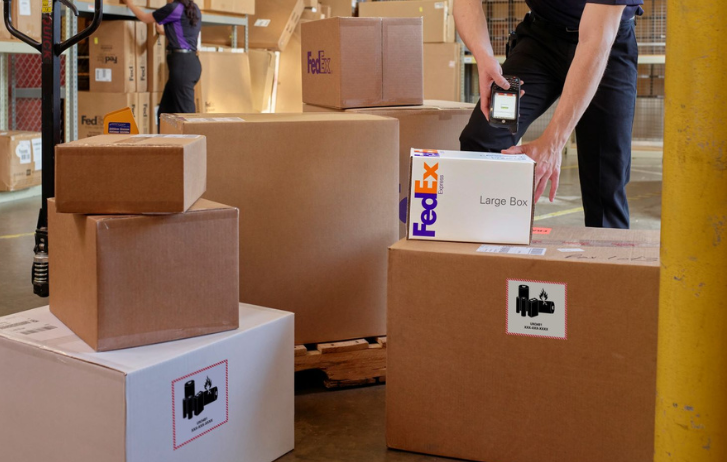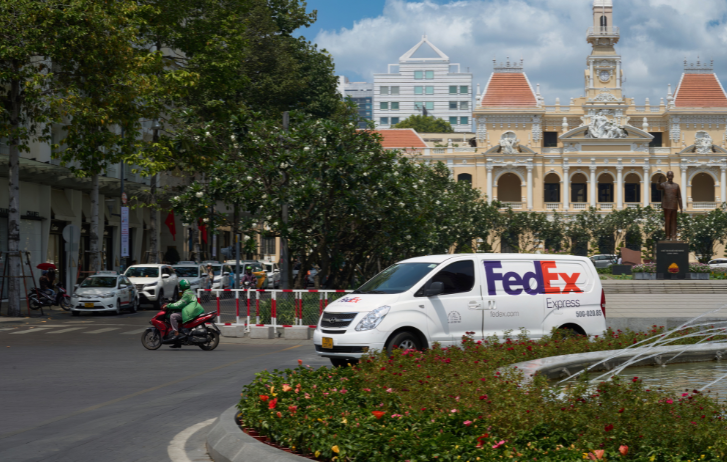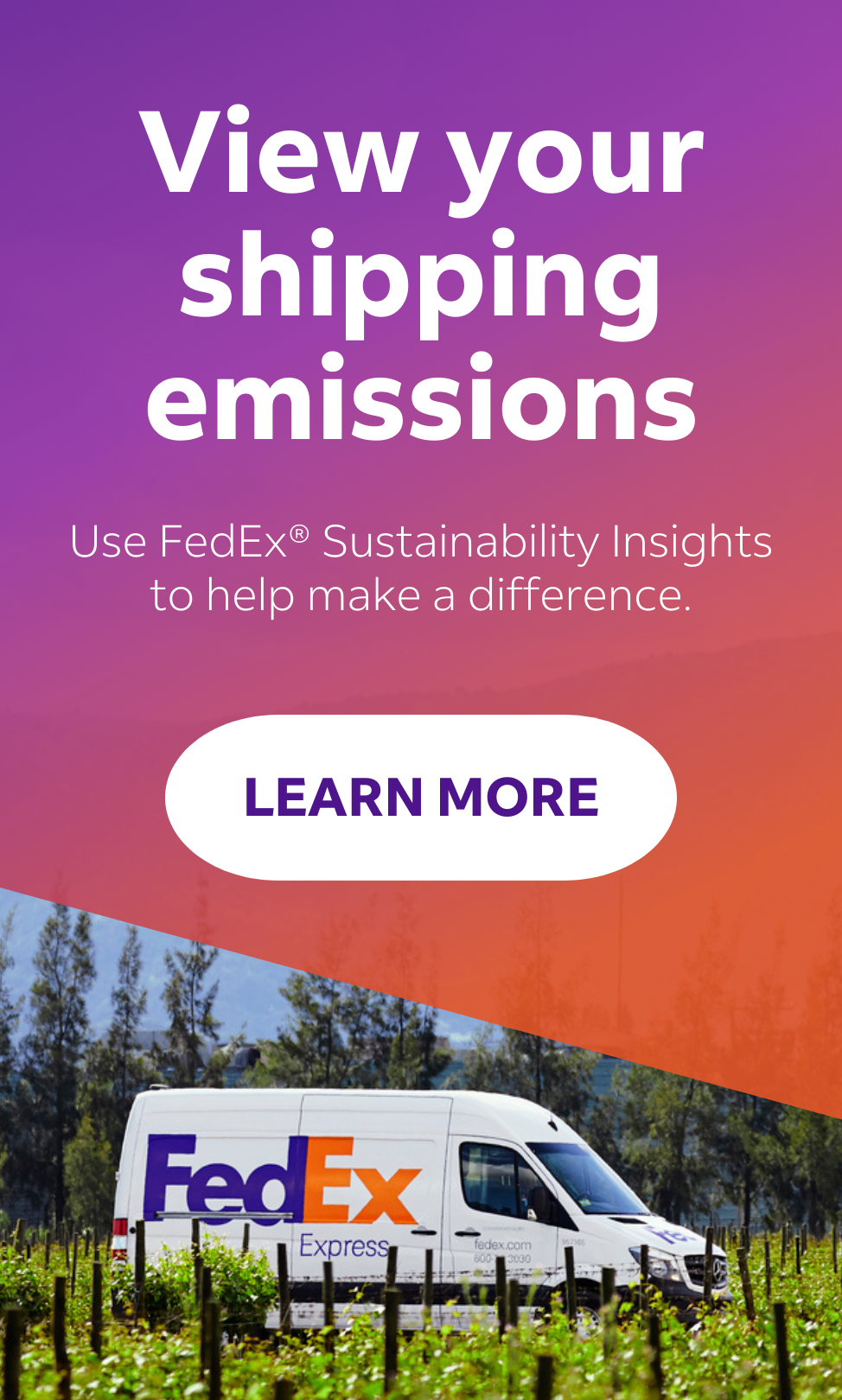
How Vietnam Can Rise In The Global Clean Energy And Lithium Battery Value Chain
By Ee-Hui Tan | August 18, 2025
As Vietnam accelerates its clean energy transition, lithium battery logistics is becoming a key enabler of growth. With the right infrastructure, policies, and support, the country is well-positioned to lead in the regional battery value chain.
- Vietnam’s lithium battery sector is growing fast, fueled by EV and renewable energy demand. The country aims for over 39% renewable energy in total electricity generation by 2030 and full EV adoption by 2050.
- Vietnam’s northern provinces, such as Hải Phòng, Hà Nội, and Hà Tĩnh, are emerging as key hubs for battery manufacturing and attracting global investors.
- Logistics plays a crucial role in ensuring safe and compliant exports of lithium batteries. With the right infrastructure and global shipping capabilities, Vietnam can lead in the regional clean energy economy.
As countries across Asia race to meet climate goals and reduce emissions, a new regional competition is emerging: one centered around the supply chains that support the clean energy economy. Among the standout players is Vietnam.
From electric vehicles (EVs) to solar panels, clean energy technologies depend heavily on lithium batteries. As demand for lithium batteries surges globally, Vietnam is positioning itself as a key player in this growing value chain – not just as a manufacturer, but also as a critical link in the regional logistics network.
A high-energy ambition: Vietnam’s sustainability goals
Vietnam’s clean energy ambitions are bold and clear. Under the National Power Development Plan VIII, the country targets over 39% renewable energy in total electricity generation by 2030 and full EV adoption by 2050. These goals highlight Vietnam’s push for sustainability while reinforcing its emerging role as a vital link in the regional and global clean energy value chain.
And the outlook is promising. Vietnam’s lithium-ion battery market is projected to grow at a compound annual growth rate (CAGR) of 10.1% from 2025 to 2033. Rising demand across both the renewable energy sector and EV battery supply chain will drive this growth.
But growth alone isn’t enough. To support this momentum, Vietnam needs to build a solid foundation, with efficient logistics serving as a critical pillar.
Supply chain clusters: Vietnam’s northern battery corridor
Vietnam is taking cues from regional leaders to strengthen its clean energy infrastructure. In China’s Shandong province, for example, cities like Jinan and Qingdao have become hubs for lithium battery production, backed by over USD 13.8 billion in investment and a fully integrated supply chain model. Government support and strong infrastructure promote industrial clustering, enabling Shandong to expand its capacity and consolidate operations.
Vietnam’s own emerging industrial cluster for clean energy and battery production is taking shape in the north. Provinces such as Hải Phòng, Hà Nội, and Hà Tĩnh are attracting interest from global battery and EV manufacturers.
Concentrating investment and infrastructure in these areas creates efficiencies through geographic clustering, reducing transit time, costs, and emissions. However, this emerging battery corridor also creates a pressing need for effective and regulation-compliant logistics.
Logistics: The backbone of battery exports
Lithium batteries are classified as Dangerous Goods (DG) due to their chemical properties, which require careful handling during shipping. Strict regulations from international bodies, such as the International Air Transport Association (IATA) and the International Civil Aviation Organization (ICAO), govern the packaging, labeling, and transportation of these batteries.
For Vietnam to become a top exporter of lithium batteries, Vietnamese manufacturers require more than just factories. They need logistics solutions that ensure safe, efficient, and compliant transport across complex regulatory environments.
That’s where logistics providers like FedEx come in. We at FedEx support clean energy, healthcare, and high-tech sectors with end-to-end Dangerous Goods shipping solutions. Every year, we safely ship millions of lithium batteries and battery-powered equipment internationally. These shipments come with:
- UN-certified packaging
- Precise labeling and documentation
- Specialized handling and air transport through FedEx’s global network
In a market where speed and compliance are essential, reliable shipping capabilities offer a clear competitive edge.
Speed and reliability across global markets
Vietnamese battery exporters will enter a highly competitive global market. To build trust and win repeat business, especially from international customers, exporters must meet tight delivery schedules.
That’s why fast, reliable delivery and near-real-time tracking and shipment visibility tools are critical. These capabilities help businesses plan with confidence, respond quickly to supply chain disruptions, and ensure products arrive intact and on time.
As Vietnam scales its lithium battery exports, this logistics advantage will become even more important in supporting the region’s growing demand for renewable energy.
Vietnam’s strategic opportunity
Vietnam is well-positioned to lead Southeast Asia’s clean energy transition. The country boasts untapped reserves of key minerals, a young and tech-savvy workforce, and a government that actively supports green industries.
One example is Resolution 68, which promotes private sector development, infrastructure investment, and the expansion of industrial zones. The government tailored these initiatives to attract high-value investments in clean energy manufacturing and battery technology.
To build on this progress, Vietnam must continue strengthening three key areas:
Logistics infrastructure: This includes air freight capacity and facilities that comply with dangerous goods regulations.
Workforce development: The sector needs skilled workers to handle advanced battery production and logistics.
Regulatory streamlining: Simplifying regulatory procedures and aligning with international standards can reduce export friction and speed up compliance.
Staying ahead of the regional pack
Vietnam’s neighbors are also accelerating their clean energy efforts. Indonesia is scaling up battery production by leveraging its rich nickel reserves, while Thailand is creating a more robust EV ecosystem, from vehicle assembly to battery recycling. To stay competitive, Vietnam must go beyond increasing production capacity. It needs to develop localized, integrated supply chains with strong export logistics.
The opportunity is clear: Vietnam can lead the region in lithium battery exports, contribute meaningfully to sustainability, and help power Asia’s green future. But to take the lead, logistics must be treated not as an afterthought, but as a powerful engine driving Vietnam’s clean energy ambitions.
***
From packaging to paperwork, FedEx helps simplify the shipping of dangerous goods such as lithium batteries. Explore how we can support your clean energy logistics needs with our shipping solutions.
SHARE THIS STORY
- Generative AI: A New Frontier
- How To Ship A Giant Panda
- How To Make Freight Shipments Work For Your Small Business
- The Rise Of Intra-Asia Trade: Opportunities In The China-Southeast Asia Corridor
- Where Do Old Planes Go When They Retire?
- What’s So Dangerous About Coconuts? Your Guide To Dangerous Goods Logistics
Sign up now and save on your shipping rates!
Sign up now and earn discounts by shipping instantly with FedEx Ship ManagerTM at fedex.com.
Recommended For You

5 Logistics Trends Driving A Smarter Supply Chain
FedEx is delivering both transportation and digital solutions, as it builds a smarter supply chain for everyone.
Read More
Vietnam Is Unlocking The Potential Of Intra-Asia Trade
Intra-Asia trade is reshaping global commerce, with Vietnam as a critical hub connecting Southeast Asia’s manufacturing hotspots to global markets.
Read More
How Asian E-Tailers Can Reach New Customers In Europe
Europe has a wealth of opportunities for Asian e-tailers with global ambitions. Here’s how your small business can take on the European market.
Read More

